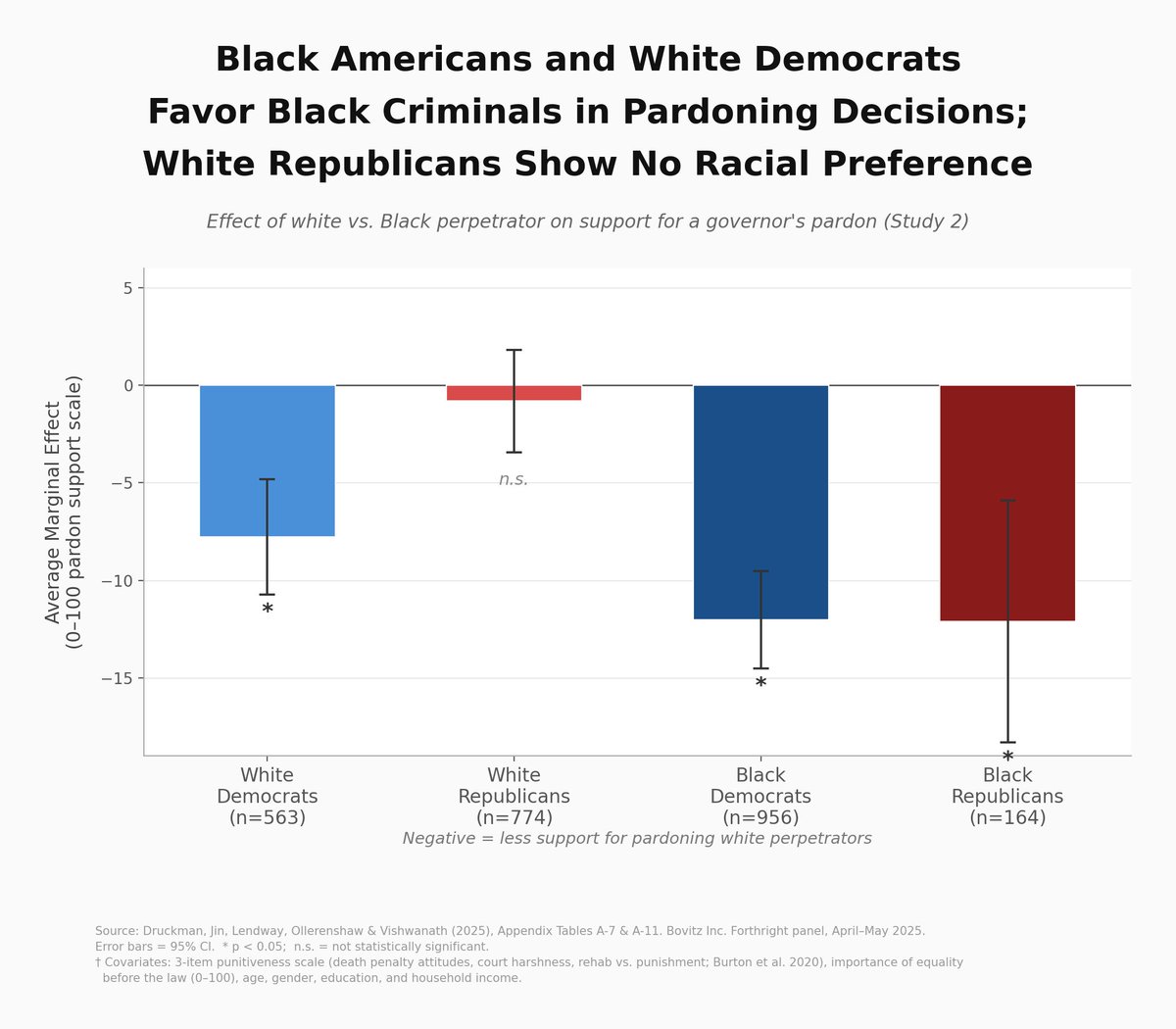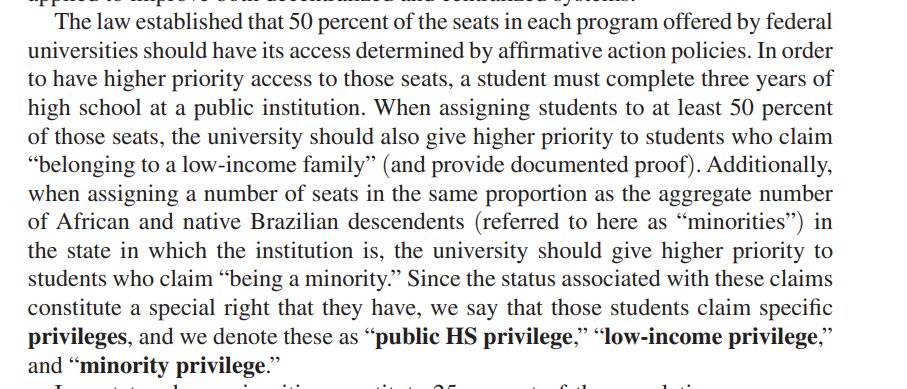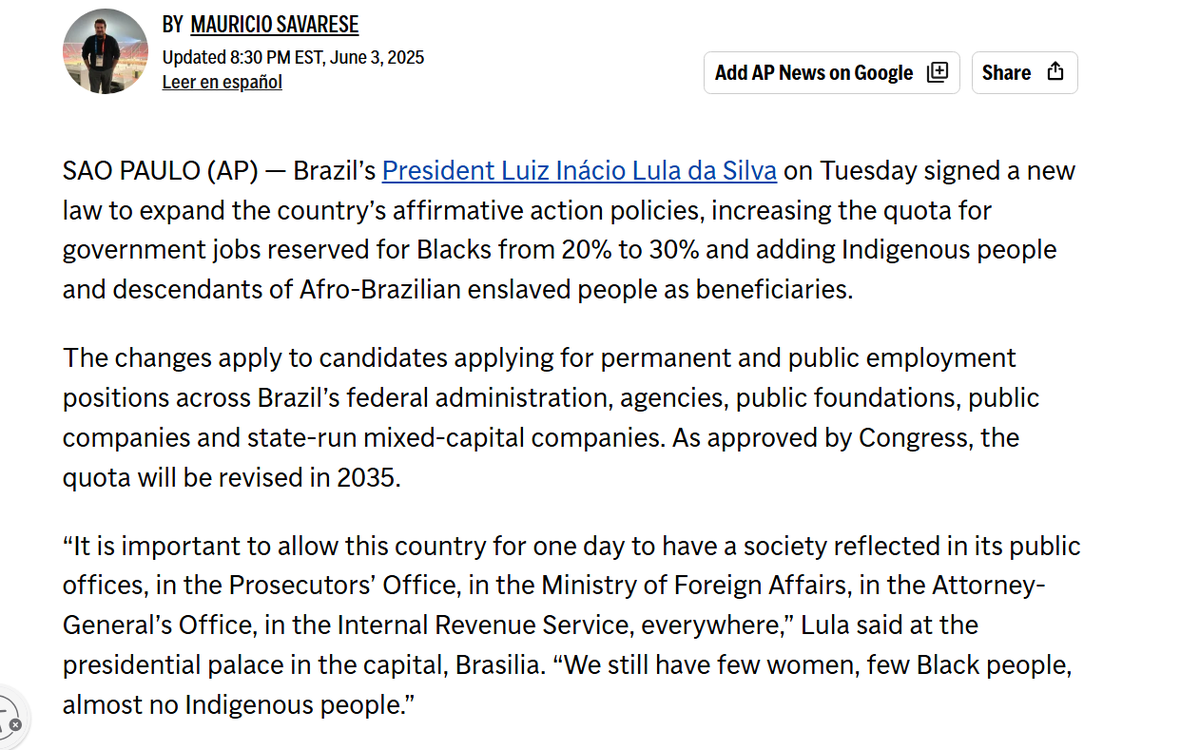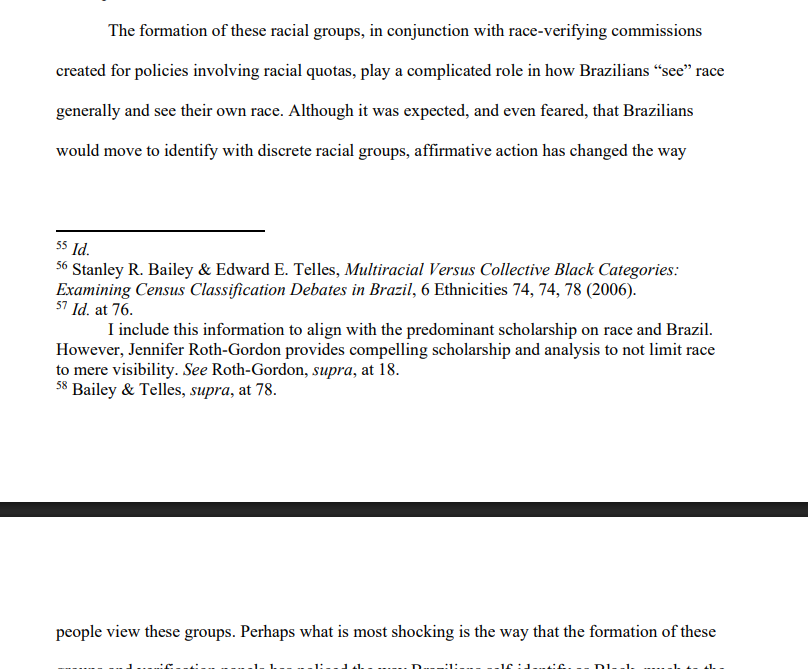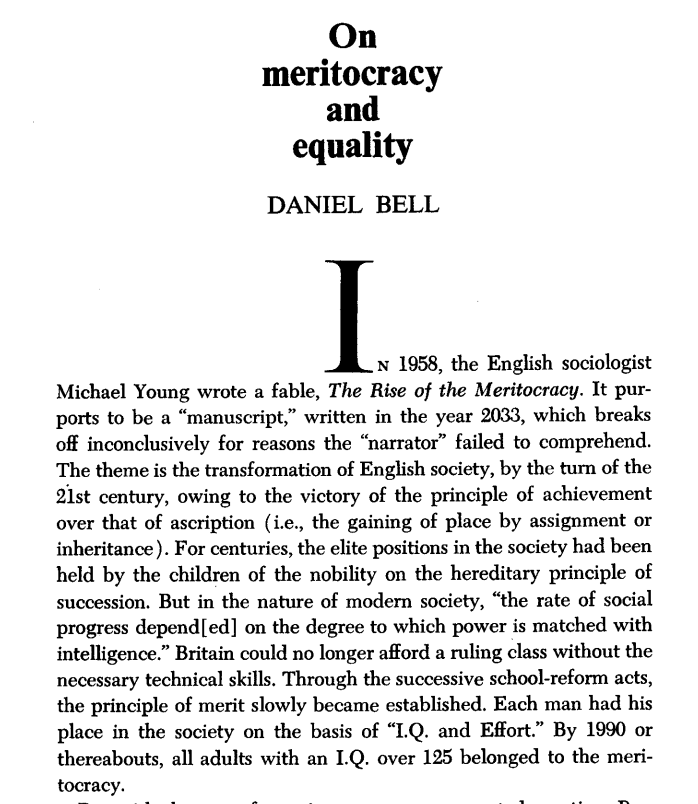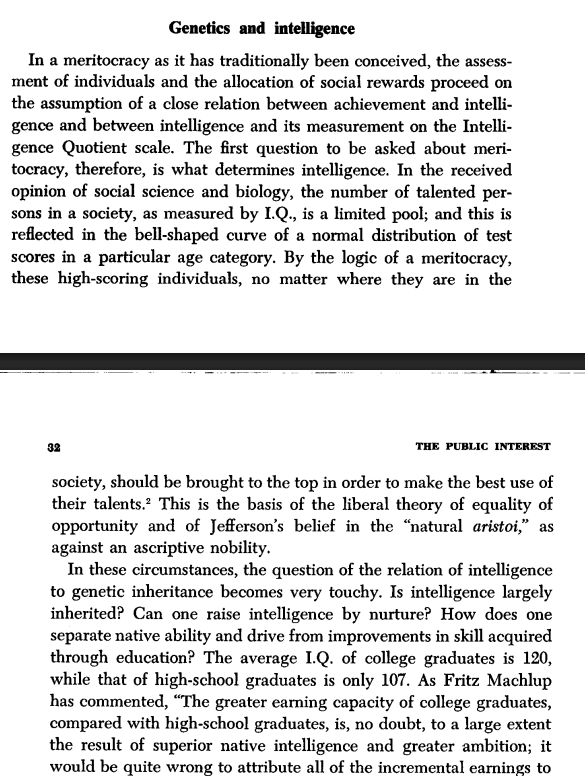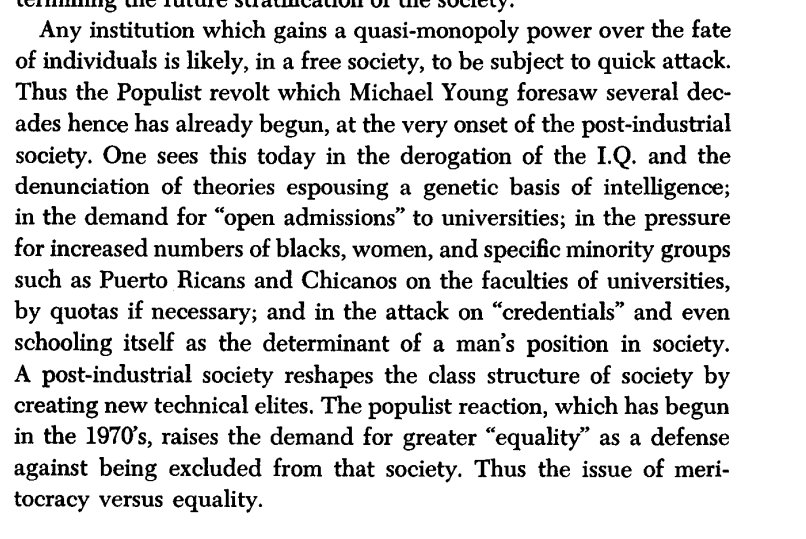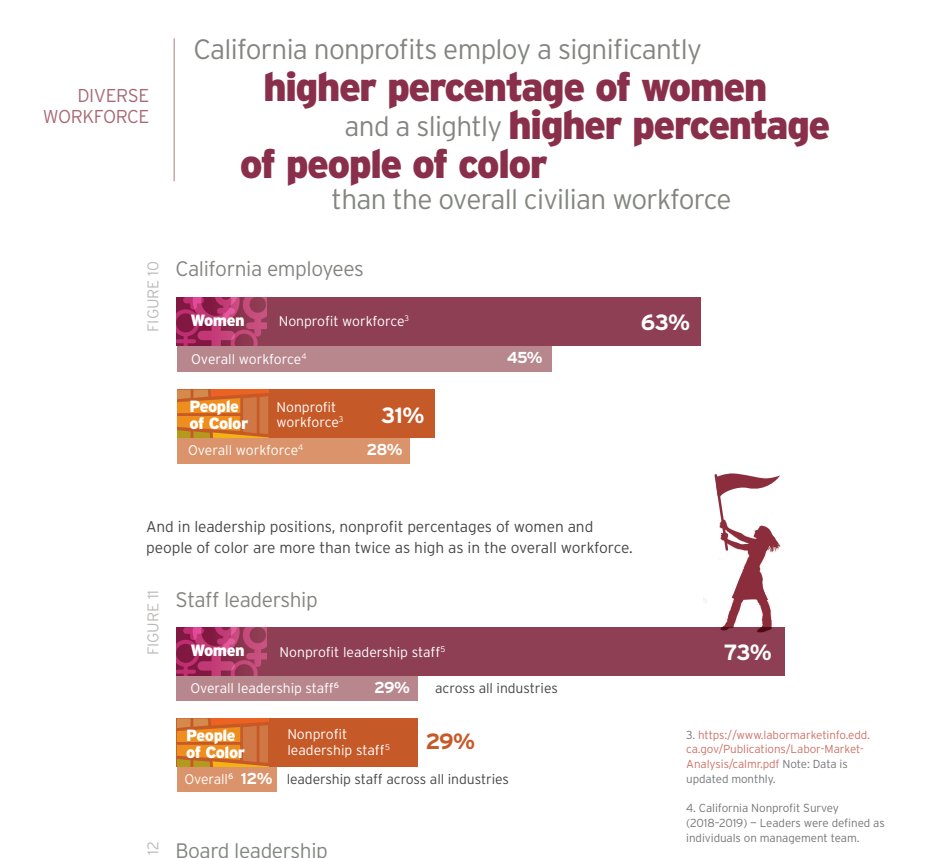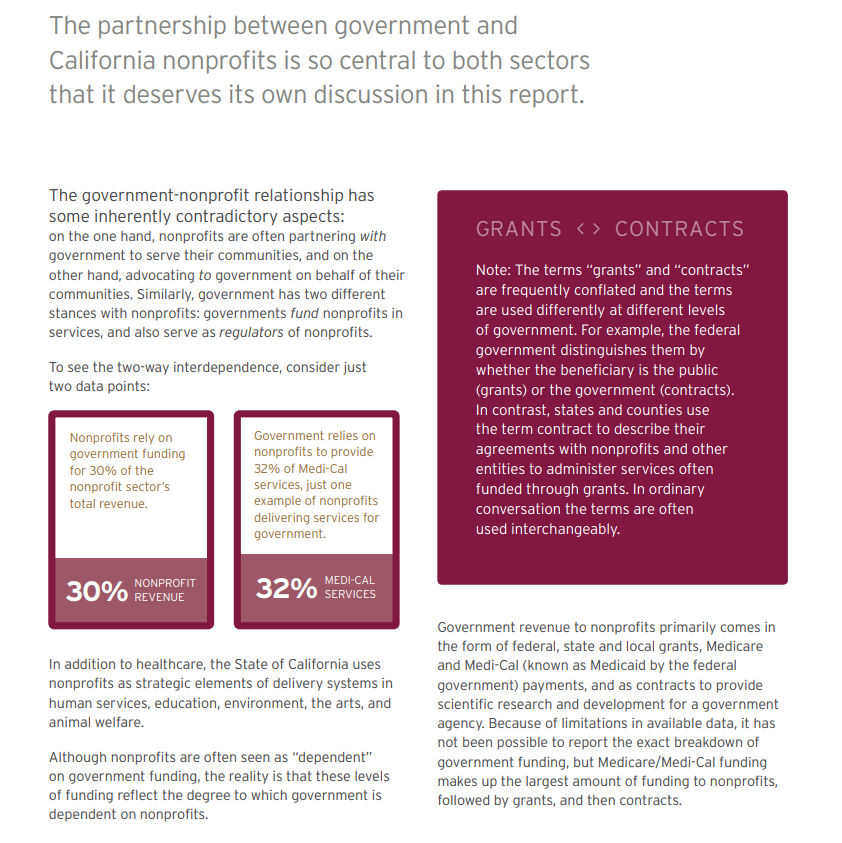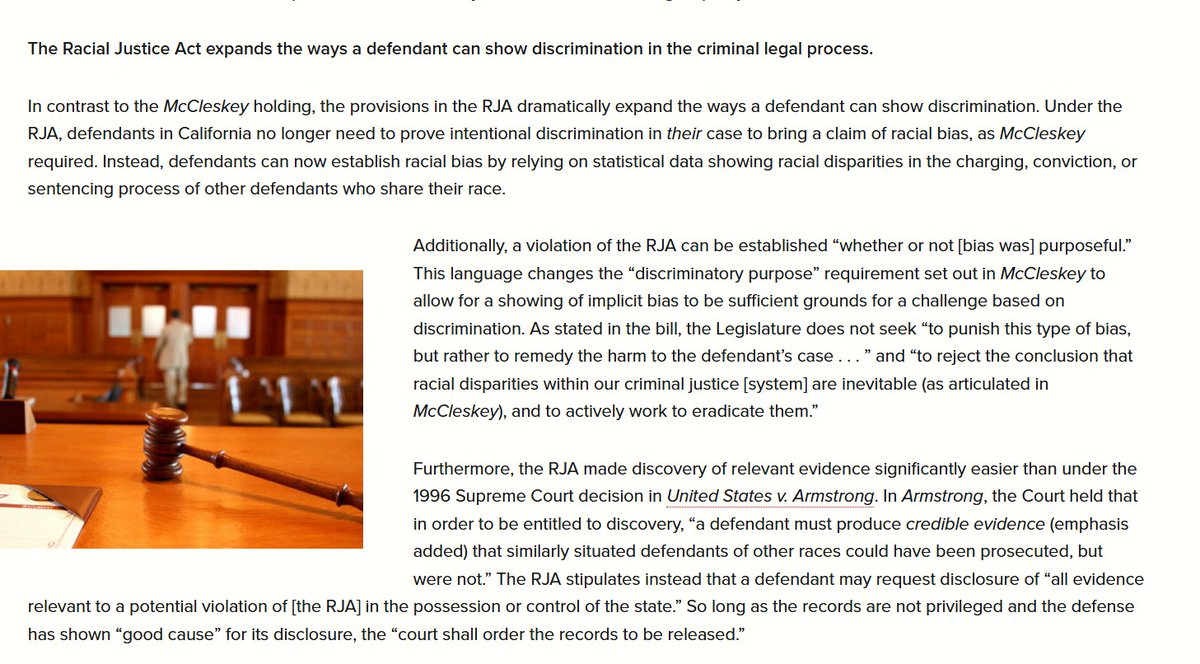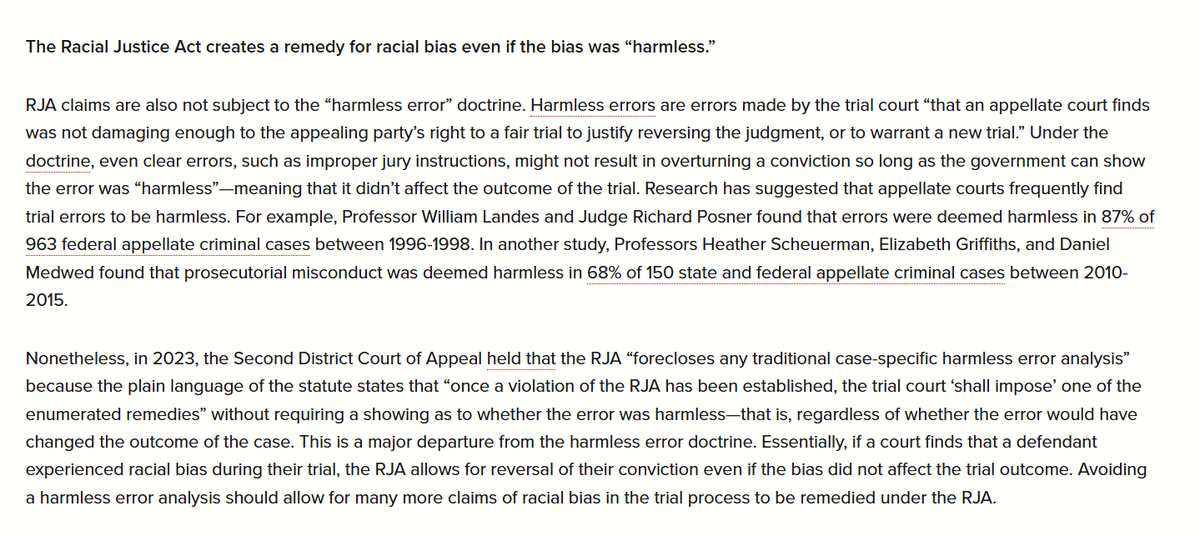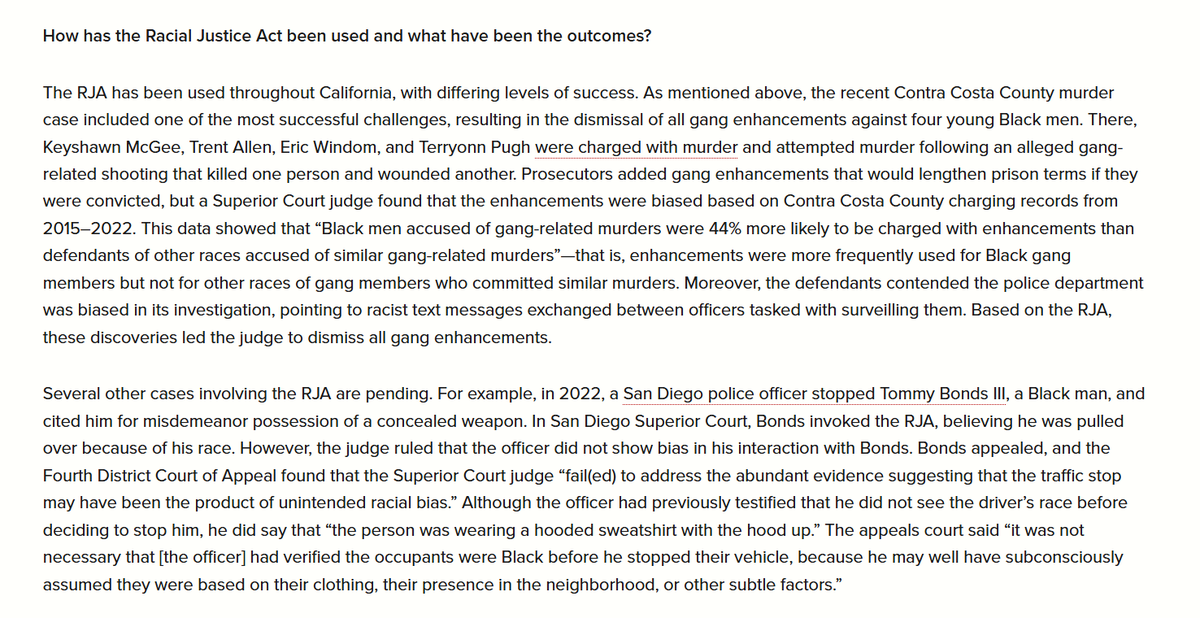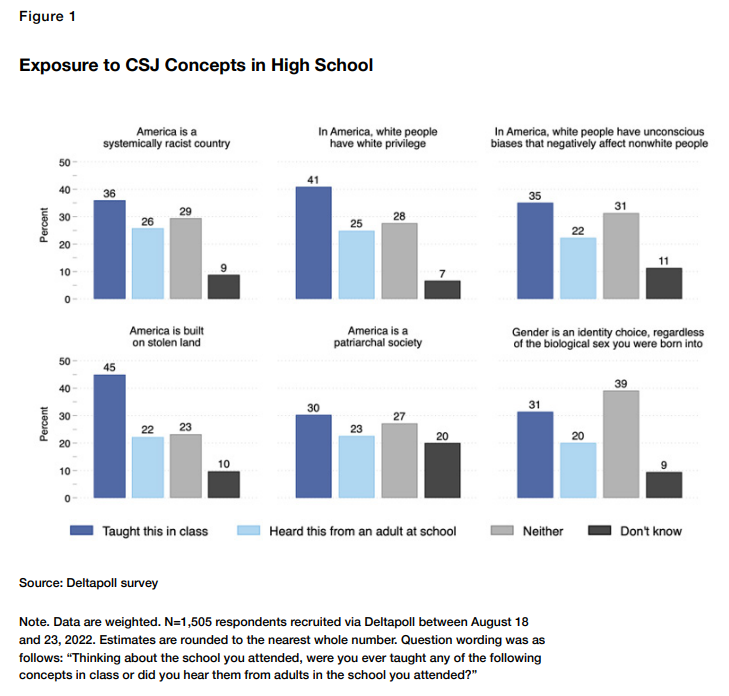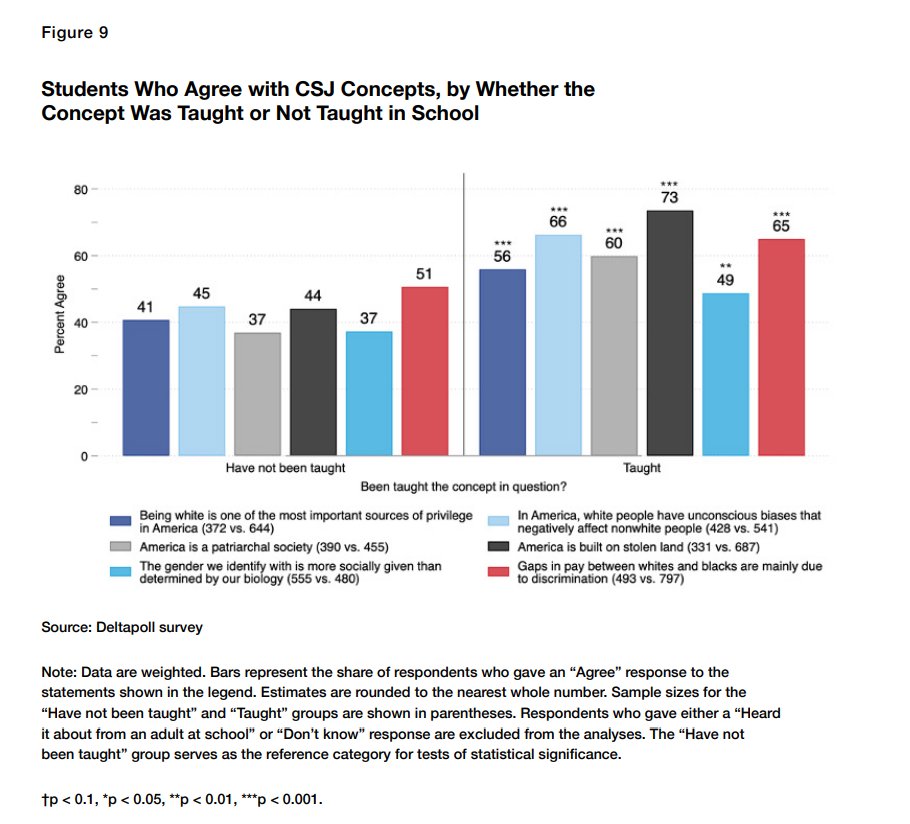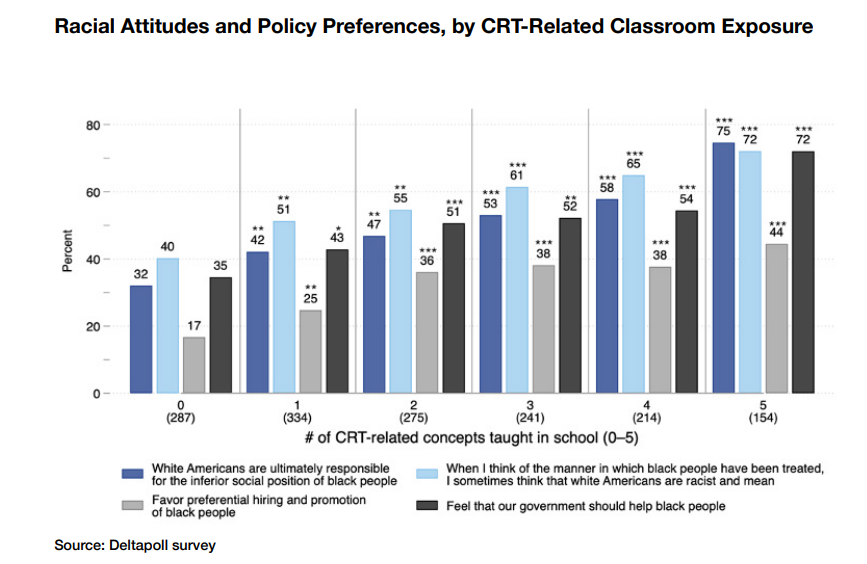Book thread on "The Billionaire's Apprentice," by Anita Raghavan, an Indian-American journalist. It chronicles the rise and fall of three-time McKinsey director and Goldman-Sachs board member Rajat Gupta and billionaire hedge fund manager Raj Rajaratnam. (1/n) 

Raghavan refers to Rajat's generation as the "twice-blessed," benefitting from both the end of the Raj and the passing of the Hart-Celler act of 1965, which allowed them to escape their newly independent homeland and come to the US instead, where they quickly rose to the top.




The book spends some time chronicling the ethnic divisions in NY finance and business. There was a WASP ethnic clique and a Jewish one, and the newly arriving Indians quickly set up their own. The usual process was firms beginning to hire Indians to get a leg up on...




...their American competitors, followed by the Indians leaving or taking over and hiring more Indians, forming their own ethnic network, and shutting Americans out. This process is an example of a prisoner's dilemma; Americans...




...are harmed by being shut out of large chunks of the market by Indian ethnic networks (note: ethnic networking is a zero-sum game; other groups doing it hurts you), but companies feel the need to hire Indians to compete. The solution to this dilemma is immigration restriction.
Raj Rajaratnam in particular used an ethnic Indian network of insiders at a number of American tech companies as a source of internal secrets to use for insider trading, making billions. Hindus, Muslims, and Sikhs got over ancestral hatreds to form a common front against whites.




Despite being a book about Indians committing crimes, the book practically oozes Indian triumphalism, with Gupta's ascension to director of McKinsey representing the company rejecting the 'homogenous [read: white] past' in favor of the 'diverse and multicultural future'. 

The first Indian at McKinsey, Tino, made it a priority to promote and mentor more Indians. His group then helped lead white collar outsourcing to India in the 90s.



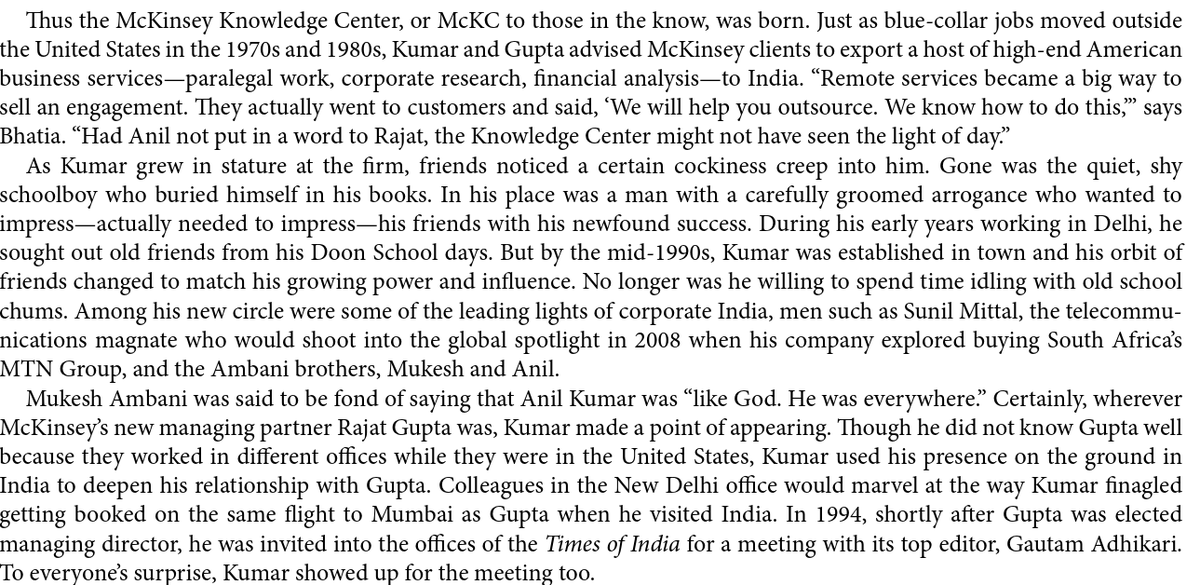
Raj Rajatnaram was incredibly successful with his insider trading, becoming one of the 400 richest people in America. 

What brought Gupta down was selling information about Goldman Sachs to Rajatnaram while on the board. Both were jailed. 
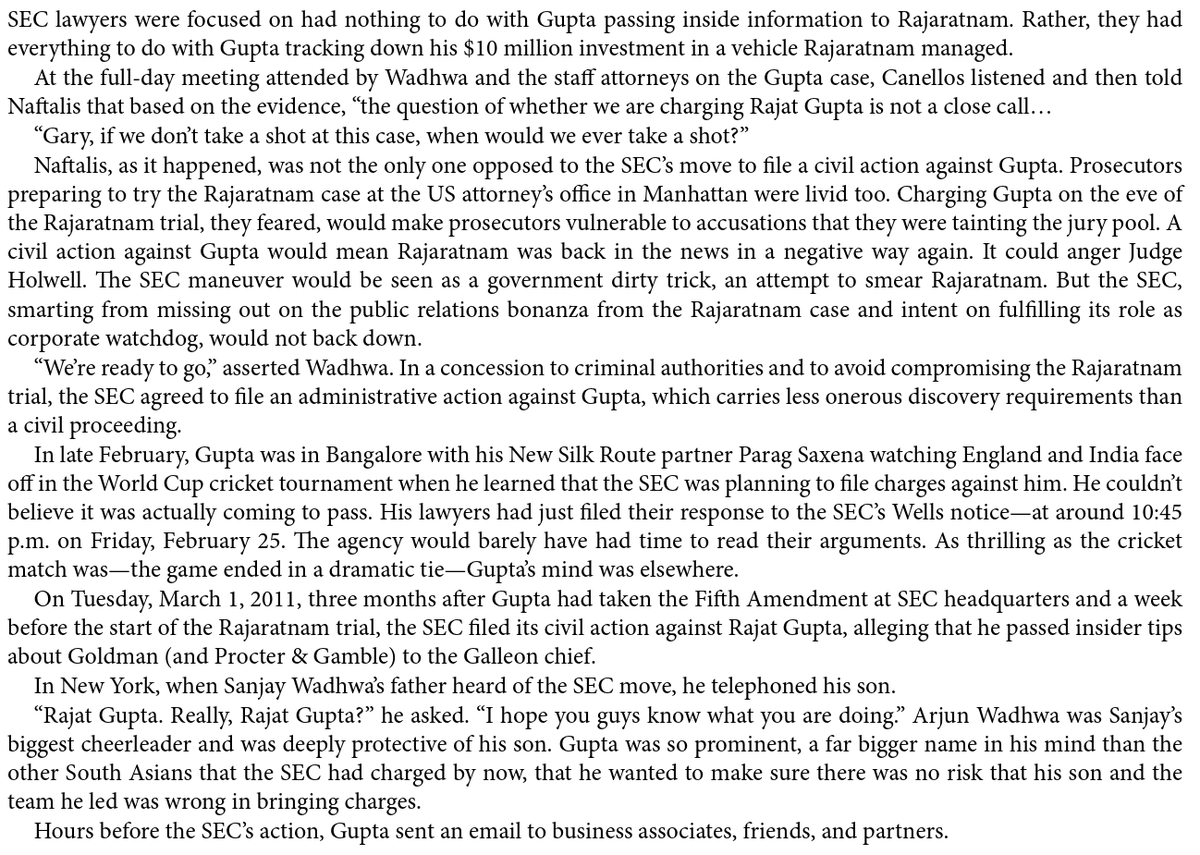
Funnily enough, Gupta's father was arrested during the Raj for impersonating someone else to take an exam for them. The author expects us to sympathize with him because he was doing it for a good cause (raising money for the socialists).




The author concludes that the fact that two leading lights of the Indian-American community were arrested proves that Indians have made it, as they are powerful and secure enough to commit crimes at the top of American society, and are starting to flex their power. 

I think the big takeaway from this book is that high-skilled immigration from India is a terrible idea, because they form ethnic networks (zero-sum) to shut out Americans. The small boost a company gets from hiring one is not worth the long term transformation of institutions.
May be interested:
@USTechWorkers
@moldbridge_
@russian_cosmist
@USTechWorkers
@moldbridge_
@russian_cosmist
• • •
Missing some Tweet in this thread? You can try to
force a refresh


